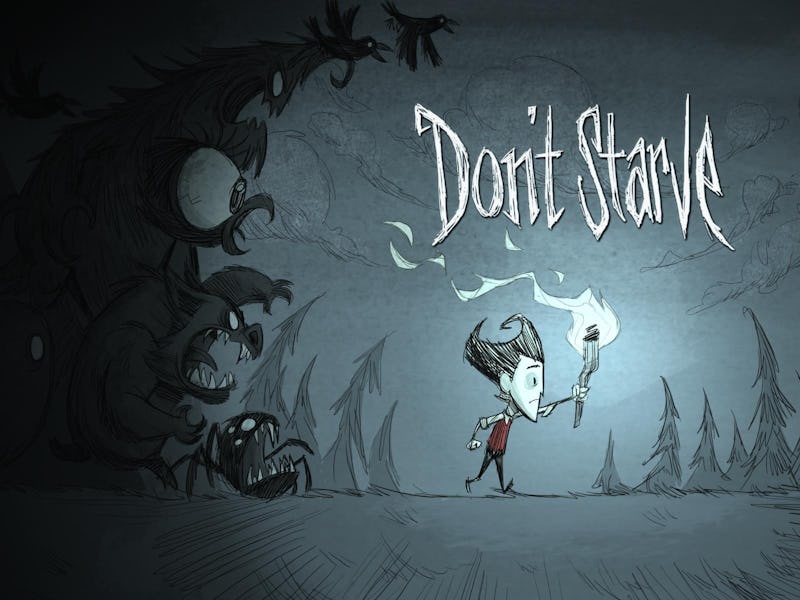Study Finds Gamers Can’t Tell ‘Adaptive AI’ From the Placebo Effect
Gaslit gamers still had fun.

The placebo effect — which has convinced wheelchair-bound patients to walk up stairs and sober people they were having fun — has once again reared its empty head. This time, it tricked a few dozen poor saps into thinking that the video game they were playing, the acclaimed indie survival riddle Don’t Starve, was somehow improved by an adaptive AI that was neither adaptive nor artificially intelligent nor real. The game was, in short, improved by a white lie.
A pair of University of York computer scientists, Alena Denisova and Paul Cairns, presenting at the CHI PLAY conference in London, demonstrated that players felt more immersed in the game when they were told an adaptive AI was modifying their experience, even though the AI wasn’t and, furthermore, couldn’t have been on account of not existing.
For the study, 21 volunteer Don’t Starve first timers — 16 of whom were familiar with adaptive AI and nine of whom had played adaptive AI games — tried out the survival game. The volunteers played it twice. The first time, they were told that the game would procedurally generate enemies like normal. The second time, they were told that the game would alter its difficulty on how well they were doing. Though a handful described the impact as subtle, a majority felt the faux-AI made it harder:
“Many participants found the ‘adaptive’ session more challenging than the standard one, as they encountered more monsters: ‘First thing I noticed is that there are far more dangers than the previous session. Second, they chased me for longer time. But in terms of their behaviours, I couldn’t tell much difference’, and discovered fewer objects they believed they needed in the game: ‘[the adaptive AI was] trying to counteract my previous behaviour in game, i.e. prevent me from discovering too many things at once and more scattered around the map.’”
Overall, the computer scientists concluded, the expectation of an adaptive AI improved the experience:
“Some participants found more useful objects: ‘The adaptive AI put me into a safer environment and seemed to present me with resources as needed, I think the adaptive AI makes objects in the game appear more often when I need them. reduces the time of exploring the map which makes the game more enjoyable.’”
As Florida State University, psychologist Walter Boot — who studies video games but wasn’t involved with this study — told the New Scientist, humans are inclined to believe that novelty is good. With our expectations primed, that’s why we might enjoy new phones so much, he said. For the cynical app developer, you could conclude that updates or video game patches will make your users happier — even if it doesn’t change much, the suggestion of improvement can be enough.